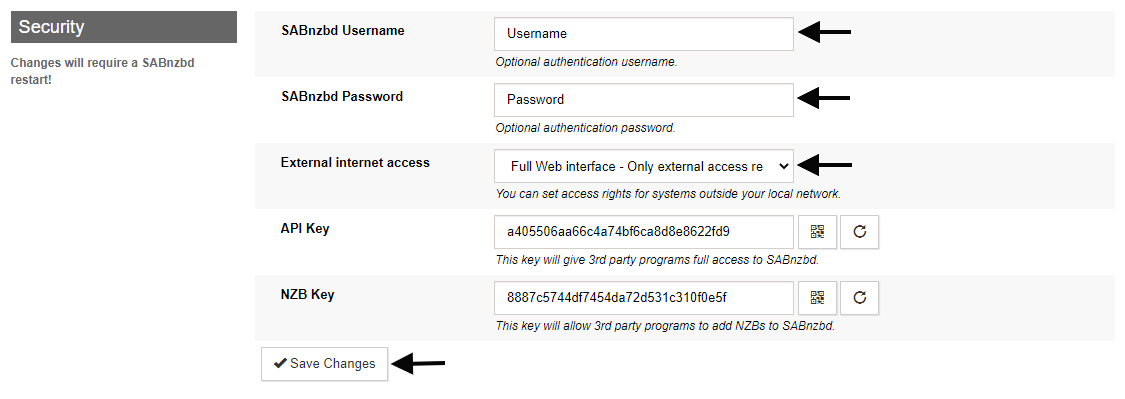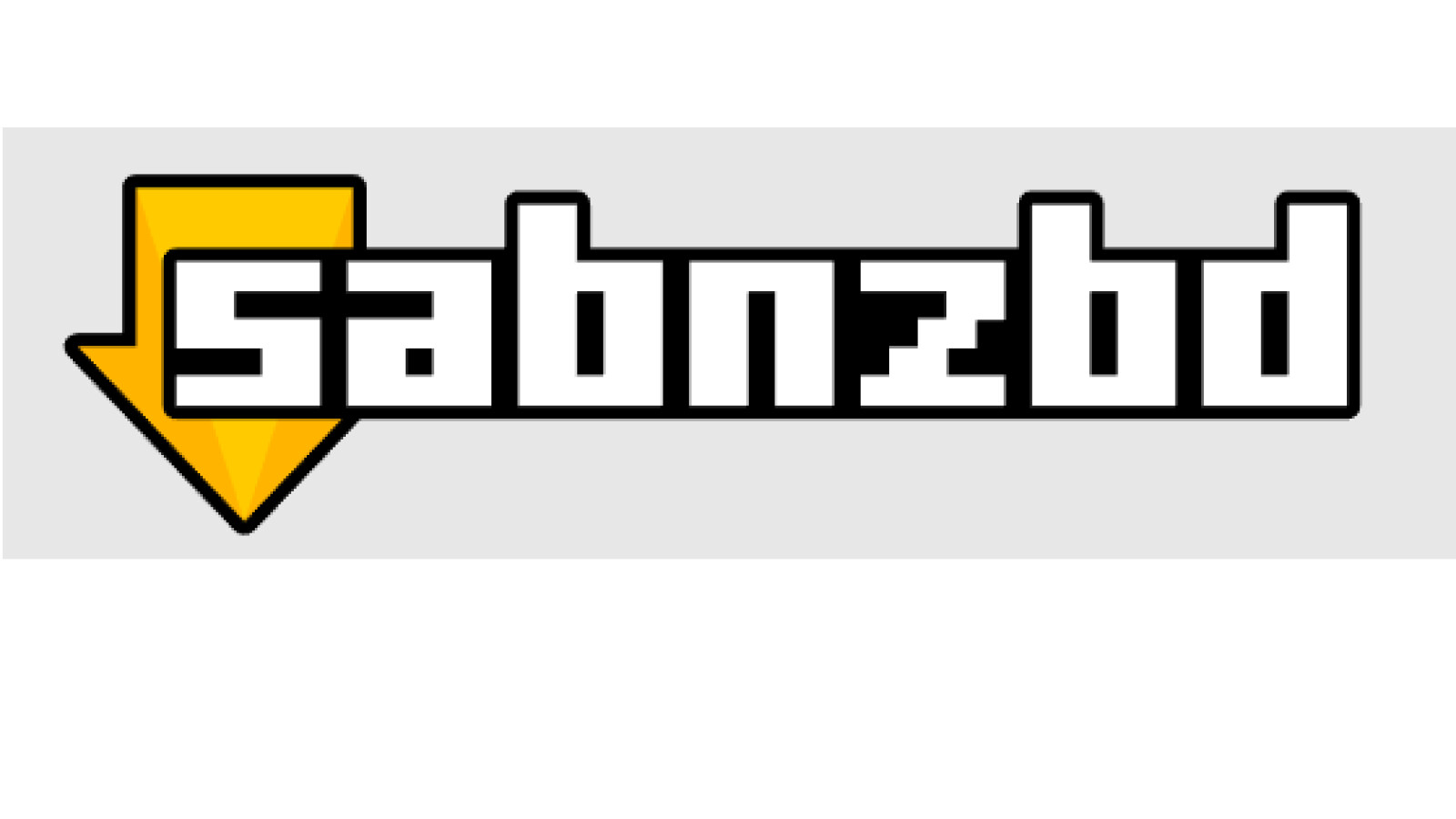

The path to the unzip command on the system that SABnzbd uses The path to the unrar command on the system that SABnzbd uses The path to the MultiPar command on the system that SABnzbd uses The path to the par2 command on the system that SABnzbd uses The directory where the current SABnzbd instance is located Path to the original NZB-file of the job. Newsgroup where (most of) the job's articles came from
#SABNZBD DOWNLOADS DOWNLOAD#
Provided by some indexers as alternative NZB if download fails What post-processing was activated (download/repair/unpack/delete)
#SABNZBD DOWNLOADS PASSWORD#
The password that was detected as being the correct password for this job (added in 3.4.0)Ĭurrent status (completed/failed/running)Īverage bytes/second speed during active downloading What was the password supplied by the NZB or the user How many bytes were received (can be more than tried, due to overhead) How many bytes of the total bytes were tried Was post-processing successfully completed (repair and/or unpack, if enabled by user) The whole path to the output directory of the job The NZB filename (after grabbing from the URL) The name of the job in the queue and of the final folder Your script can get extra information via environment variables: Position The URL is provided by some indexers as the X-DNZB-Failure header URL to be called when job failed (if provided by the server, it is always sent, so check parameter 7!). The final directory of the job (full path)Ĭlean version of the job name (no path info and ".nzb" removed) NOTE Much more information is available to scripts via environment variables, see below! Program Note that on Windows the input parameters are surrounded by quotes (e.g. Use %1 in Windows scripts and $1 in Unix scripts. The script will receive the parameters described below.
#SABNZBD DOWNLOADS CODE#
In Config->Switches there is the option to let a non-zero code mark the job as failed.Įxample scripts are included in the scripts directory of your SABnzbd installation and are shown at the end of this page.

By default the job will not be flagged as failed in case the exit code is non-zero. If the return code is something else than 0, SABnzbd's History will show that return code (also known as exit code) as Exit(.) in the History. The "return" code that your script itself returns should be 0 if all went well or non-zero if errors occurred.

The output will be added to the (optional) notification email and can be examined in the History page. The console output of the script is captured by SABnzbd and is saved in the so called "Script Log" which can be opened from the history details. On Windows, the requirement is that the script's extension is listed in your system's PATHEXT environment variable. On Unix-like operating systems (Linux, BSD, etc.) this means the x-bit must be on. All scripts must be located in the Scripts-directory, specified in Config->Folders and must be executable. Scripts may use any scripting language available on your system common choices are Python, Unix shell, and Windows batch scripts. If you want to always run the script, you need to disable the option Post-Process Only Verified Jobs. Scripts can also be run as an end-of-queue event.Ī post-processing script will only run when the job has completed without errors. The scripts can be associated with a job entry when adding the job manually, via category or during downloading. SABnzbd can run a user-provided post-processing scripts.


 0 kommentar(er)
0 kommentar(er)
